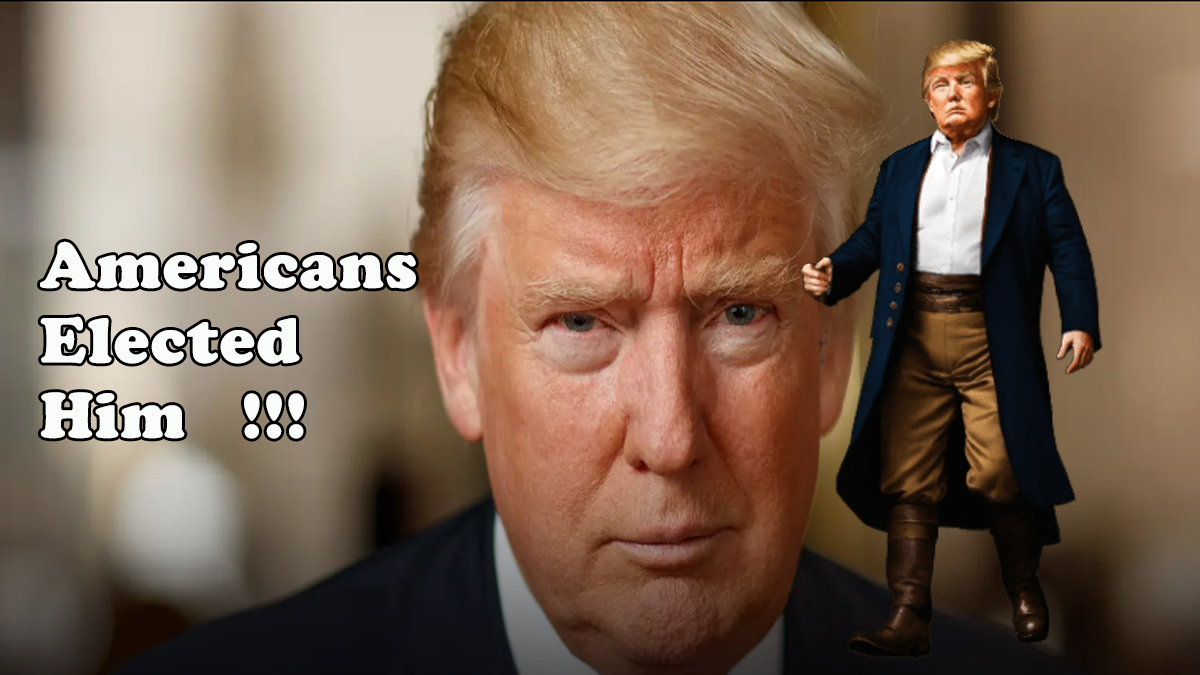In a historic and closely watched election, Donald Trump has been re-elected as President of the United States, marking his return to the White House as the 47th president. The victory, which saw Republicans also regain control of the Senate, brings significant political changes and sets the stage for a new chapter in U.S. governance.
A Path to Victory: Key States and Strategies
Trump’s win underscores a successful Republican campaign that focused on galvanizing the base, addressing economic concerns, and emphasizing a vision of “America First.” States like Ohio and West Virginia, traditionally crucial battlegrounds, leaned Republican, helping to solidify Trump’s victory. These victories also contributed to the GOP reclaiming control of the Senate, a significant shift in the balance of power that is expected to influence both domestic and international policies.
Key Policy Implications Under Trump’s Leadership
With Trump back in office, several anticipated policies will take center stage:
Economic Reforms and Job Creation: Trump’s focus on tax cuts and deregulation is expected to continue, with promises to bring more jobs back to the U.S. and to foster economic growth. His campaign frequently highlighted plans to boost American industries, particularly in manufacturing and energy.
Immigration and Border Security: A staple of Trump’s platform, immigration policies will likely see stringent reforms. There may be renewed efforts to bolster border security, and immigration policies are anticipated to be stricter than during the Biden administration.
Healthcare and Welfare: The return of Trump to the White House has raised questions about the future of healthcare in the U.S., especially regarding the Affordable Care Act. Trump has advocated for an alternative to the ACA, promising affordability and accessibility while reducing federal involvement.
Foreign Policy Shifts: Trump’s “America First” policy will likely bring shifts in international relations, including a more critical approach toward China and redefined relationships with allies in Europe. His stance on NATO and other alliances may influence global politics, especially given recent geopolitical challenges.
Environmental Policies: Trump’s previous administration rolled back numerous environmental regulations, emphasizing energy independence. His stance on climate policies is expected to be less focused on regulation and more on supporting industries like coal and natural gas, which may contrast with global environmental trends.
Republican Majority in the Senate: What It Means
The GOP’s control of the Senate is a critical factor for Trump’s legislative agenda. With key wins in West Virginia and Ohio, the Republican majority can influence policy-making, potentially streamline judicial appointments, and block Democratic initiatives in the House. This shift in power dynamics will likely impact decisions on issues from economic policy to judicial reform.
Potential Challenges and Road Ahead
While Trump’s victory represents a shift toward conservative policies, he faces challenges. With a polarized electorate and a divided Congress, bridging partisan divides will be essential for successful governance. Balancing campaign promises with practical policy implementation will be key for the administration’s success.
As the 47th president, Trump’s victory signals a conservative turn in U.S. politics and brings new energy to Republican-led initiatives. With a Republican-controlled Senate, the path is set for potential significant policy changes across various sectors. The coming months will reveal how Trump’s administration navigates both domestic and international landscapes in this new term, with expectations high on both sides of the political aisle.

